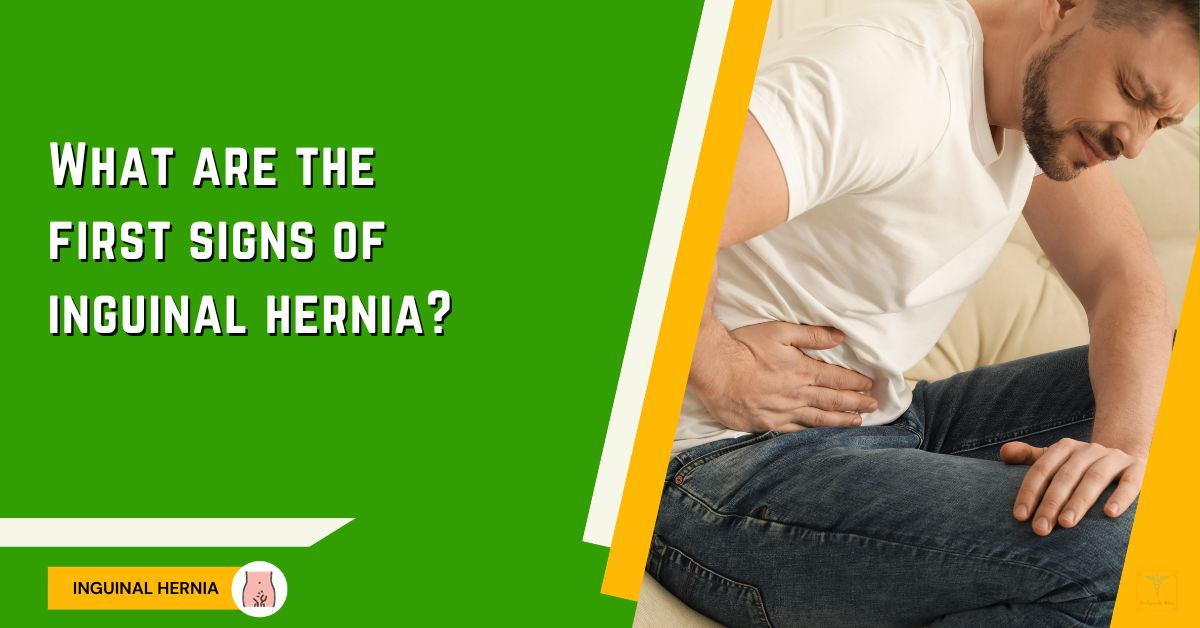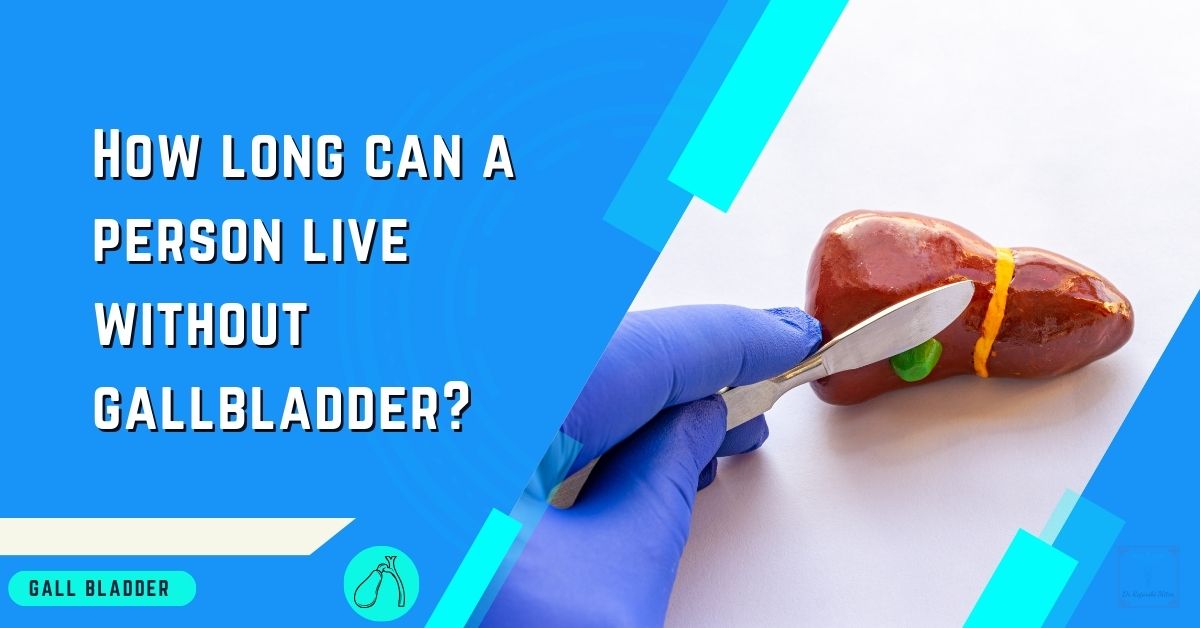There is an increasing desire for natural alternatives to invasive surgeries, and maintaining the gallbladder’s health is no exception. Following a specific lifestyle and implementing natural remedies may support the gallbladder’s functionality, potentially mitigating the necessity for surgical intervention, especially in instances of mild to moderate gallstone problems. Here, we present a holistic approach to maintaining a healthy gallbladder, preventing the development of gallstones, and enhancing your overall well-being.
As your surgeon, I want to provide guidance on natural measures you can take to maintain a healthy gallbladder, especially if you have mild to moderate gallstone issues.
Natural Ways to Save Your Gallbladder:
1. Follow a Gallbladder-Friendly Diet
An integral part of safeguarding your gallbladder’s health is the provision of a diet conducive to its function. Incorporation of a gallbladder-friendly diet can considerably aid in digestion and reduce the workload on the organ. Favor foods that are low in fat and high in fiber like fruits, vegetables, lean proteins, whole grains, and healthful fats. These nutrient-rich choices not only assist in alleviating gallbladder strain but also contribute to a wholesome, balanced diet. It’s essential to be aware of bad foods for gallbladder health, as they can exacerbate issues and lead to discomfort or complications. Foods high in saturated fats, trans fats, and refined sugars, such as fried items, processed snacks, and fatty cuts of meat, should be avoided. Additionally, staying hydrated and consuming smaller, more frequent meals can further support your gallbladder’s function and overall digestive wellness.
2. Lose Weight if Overweight
Obesity is often implicated in the formation of gallstones, contributing significantly to cholesterol saturation in bile. Assurance of an optimal body weight equilibrium is therefore of prime importance. Embarking on a journey to shed excess weight through a reformed diet and physical activity should be done in a gradual, safe manner to circumvent rapid weight loss, another risk factor for gallstones.
3. Increase Physical Activity
Physical activity is not just beneficial for weight management; it also aids in regulating cholesterol levels in the body. Engaging in regular exercise helps increase bile salt production, preventing cholesterol from crystallizing and forming gallstones. Incorporate a mix of cardiovascular, strength, and flexibility training routines to foster overall health and well-being.
4. Take Gallbladder-Protecting Supplements
Consider the addition of specific gallbladder-friendly supplements to your nutrition regime such as Vitamin C, Magnesium, Vitamin B Complex, and milk thistle. These nutrients are deemed invaluable in reducing gallstone formation and boosting gallbladder health. Vitamin C helps convert cholesterol to bile acids, diminishing the likelihood of gallstones. Milk thistle may improve liver health and bile production, indirectly benefiting the gallbladder.
5. Increase Fluid Intake
Ensuring adequate fluid intake is crucial in promoting the flushing out of toxins from the body, not least from the gallbladder. Water enhances the volume of digestive juices, thus improving digestion and reducing the load on the gallbladder.
6. Consider Gallstone Flush
One therapeutic option that might be considered, under professional supervision, is gallstone flushing. Utilizing substances like olive oil and lemon juice, this procedure is designed to expel gallstones from the gallbladder.
7. Manage Related Conditions
To protect the gallbladder, it’s vital to manage co-existing conditions, such as diabetes, high cholesterol levels, and high blood pressure. Regular monitoring and appropriate management of these conditions can help keep your gallbladder healthy.
8. Avoid Medications That Increase Risk of Gallstones
Certain medications, like birth control pills and numerous cholesterol-lowering drugs, are associated with an increased likelihood of forming gallstones. A detailed discussion with your healthcare provider to discuss alternatives or to stop these medications may be beneficial.
9. Incorporate Gallbladder-Friendly Herbs
Holistic natural remedies often incorporate the use of herbs to enhance overall health. Gallbladder-friendly herbs such as turmeric, ginger, and chamomile may decrease inflammation, thereby reducing the severity and frequency of gallstone attacks.
10. Try Acupuncture
Acupuncture is an alternative therapy that has been suggested to stimulate bile flow and alleviate gallstone-related pain. Some studies have indicated its potential in alleviating the discomfort associated with gallstones.
Summary of Key Points:
– Implement a gallbladder-friendly diet, emphasizing foods low in fat and high in fiber.
– Gradually lose weight if you’re overweight or obese while sidestepping rapid weight loss.
– Include routine physical activity to reduce cholesterol levels.
– Begin taking gallbladder-fortifying supplements.
– Stay hydrated by drinking plenty of fluids, especially water.
– Consult with your physician about a potential gallstone flush.
– Effectively manage related health conditions such as diabetes.
– Discuss with your healthcare provider medications that can aggravate gallstone formation.
– Include anti-inflammatory herbs like ginger and turmeric in your diet.
– Contemplate trying acupuncture as potential pain relief.
Remember, always consult your physician before trying new supplements, cleanses, or herbs, especially if you have an active gallstone issue. With natural prevention and management, you may be able to avoid gallbladder removal in milder cases.
Just remember, while these guidelines have been shown to be effective in many, always consult with your physician prior to attempting new supplements, cleanses, or remedies. The use of natural prevention and management strategies can potentially offset the necessity for invasive gallbladder surgeries.
A gallstone-free life is attainable! By incorporating these simple lifestyle changes and natural remedies into your routine, you may be able to fundamentally transform the health of your gallbladder. Let’s take a step towards minimized gallstone-related issues and enhanced well-being.



















